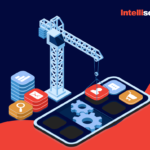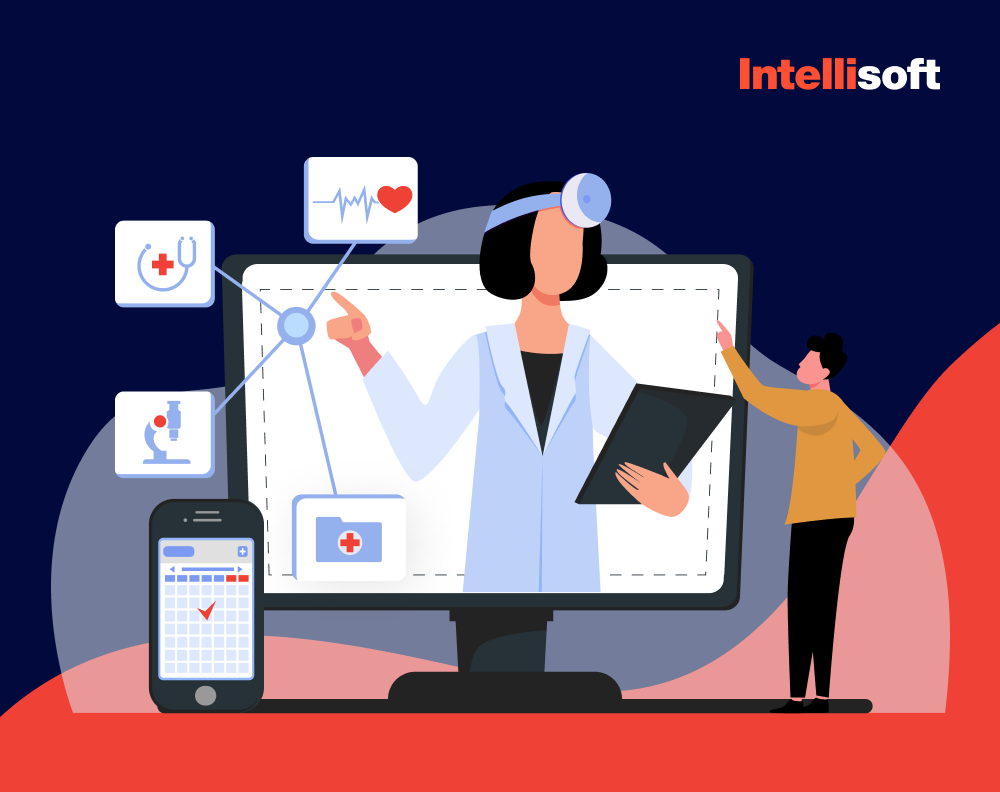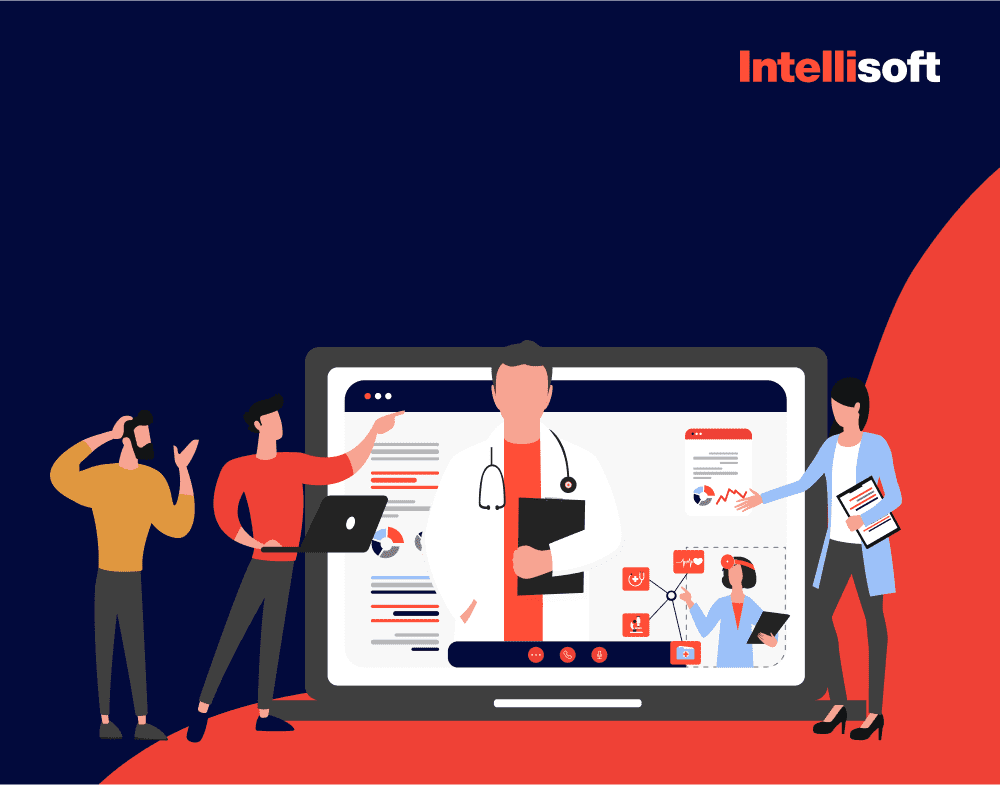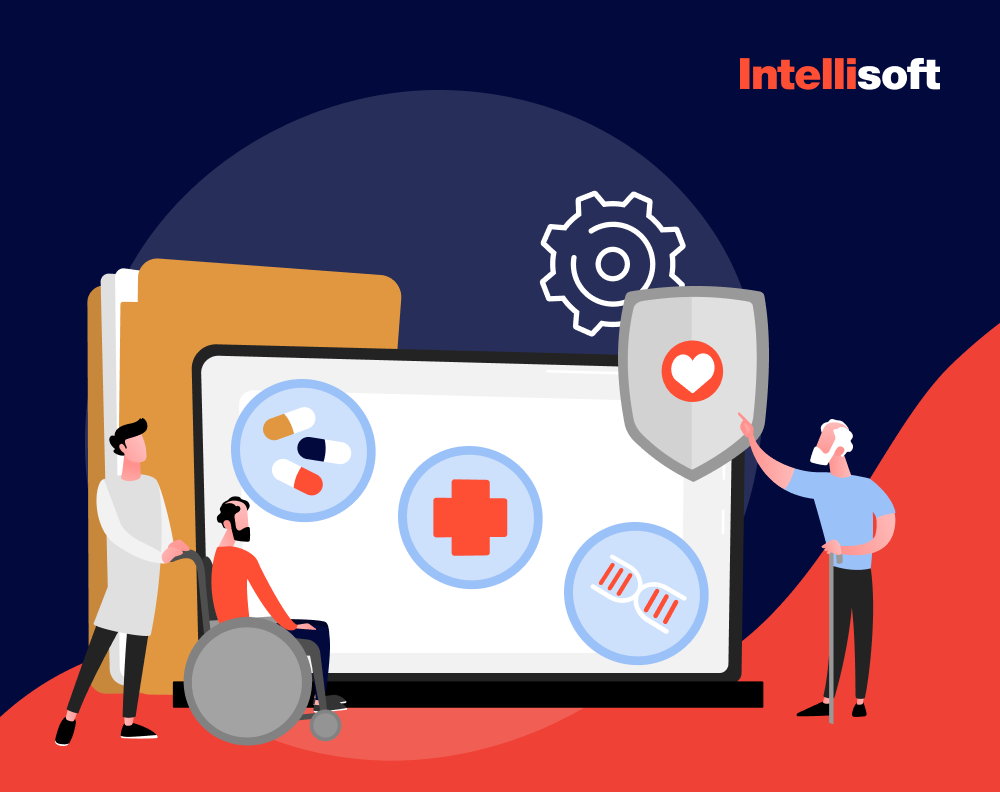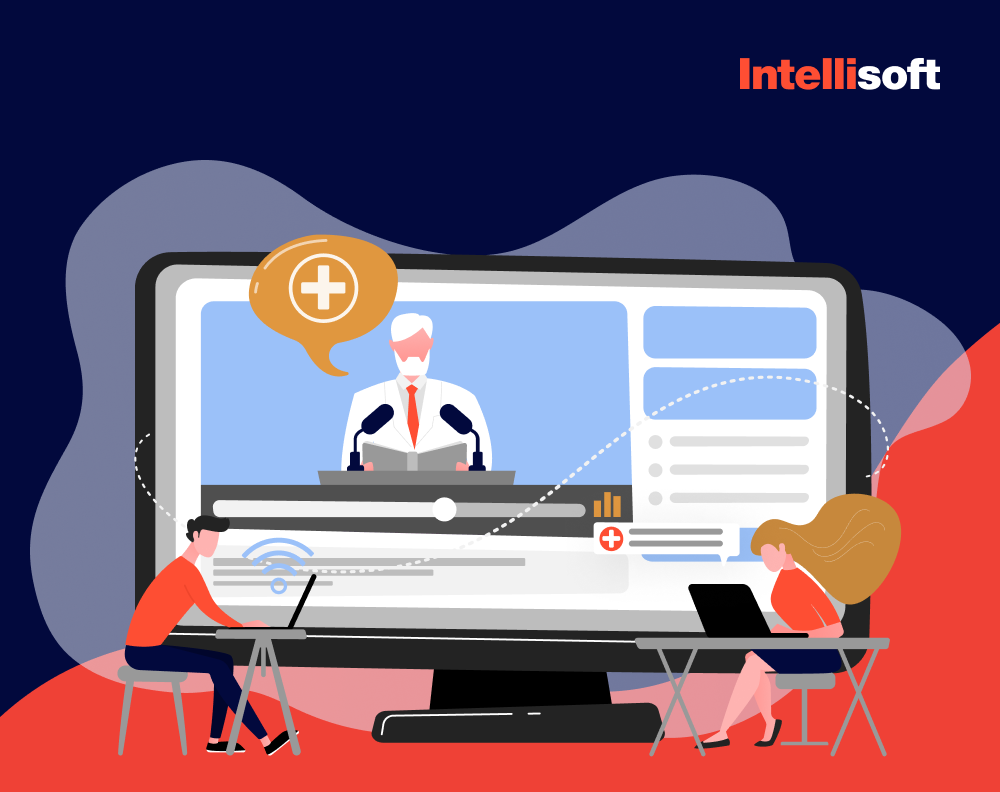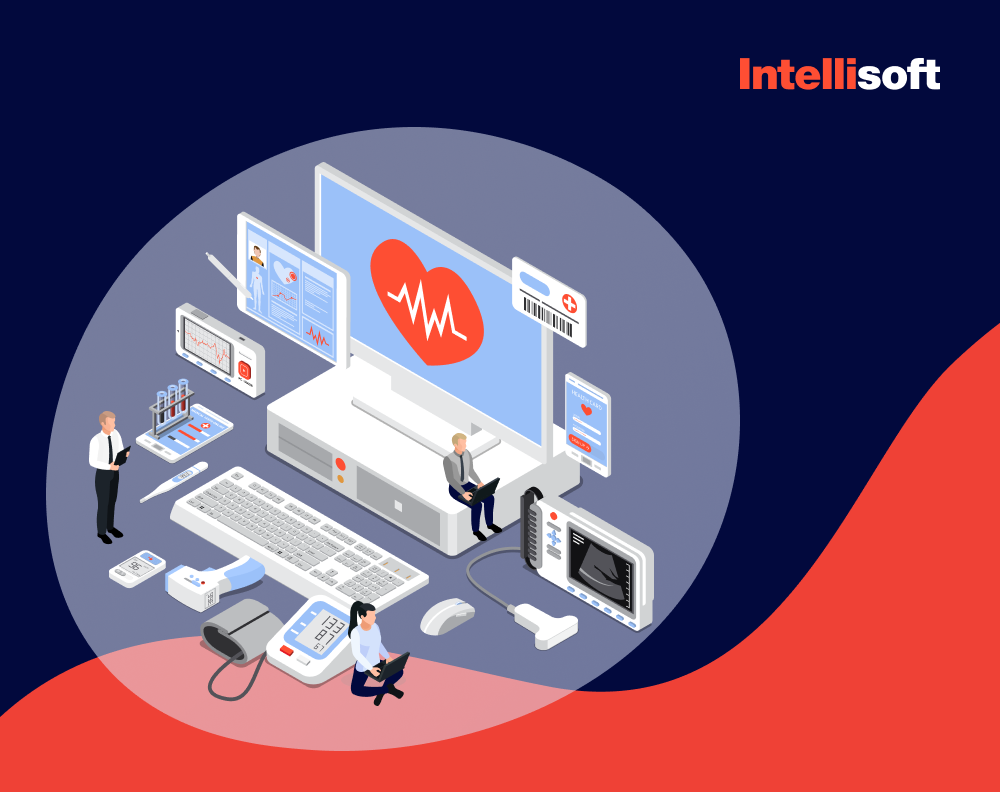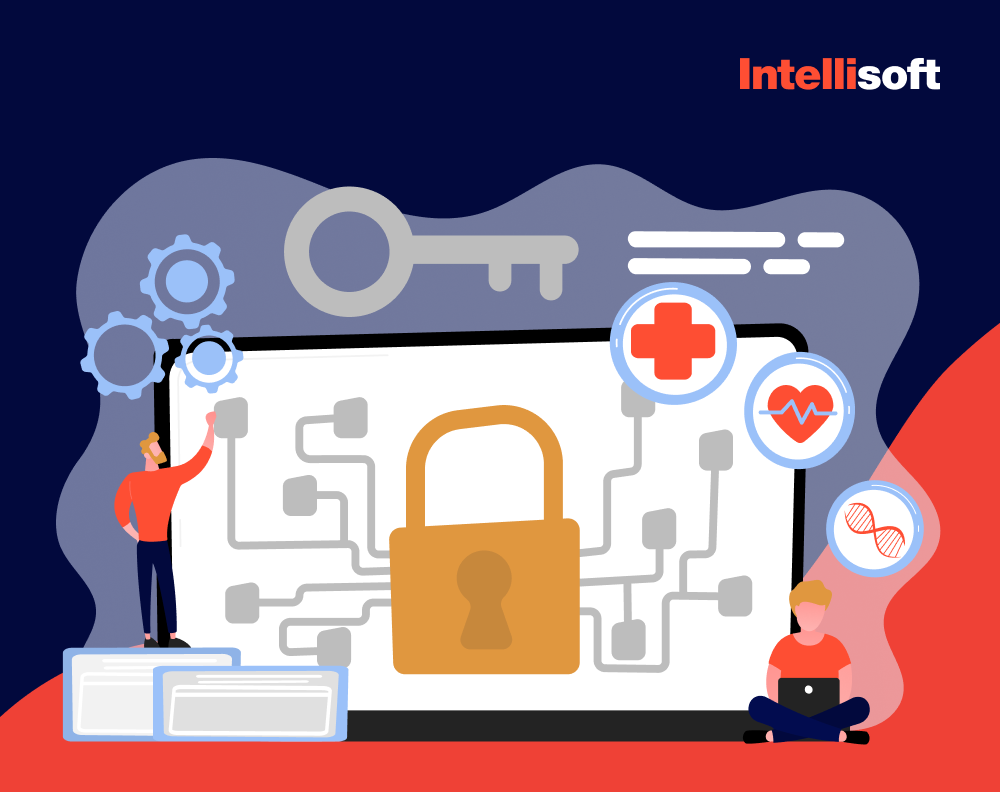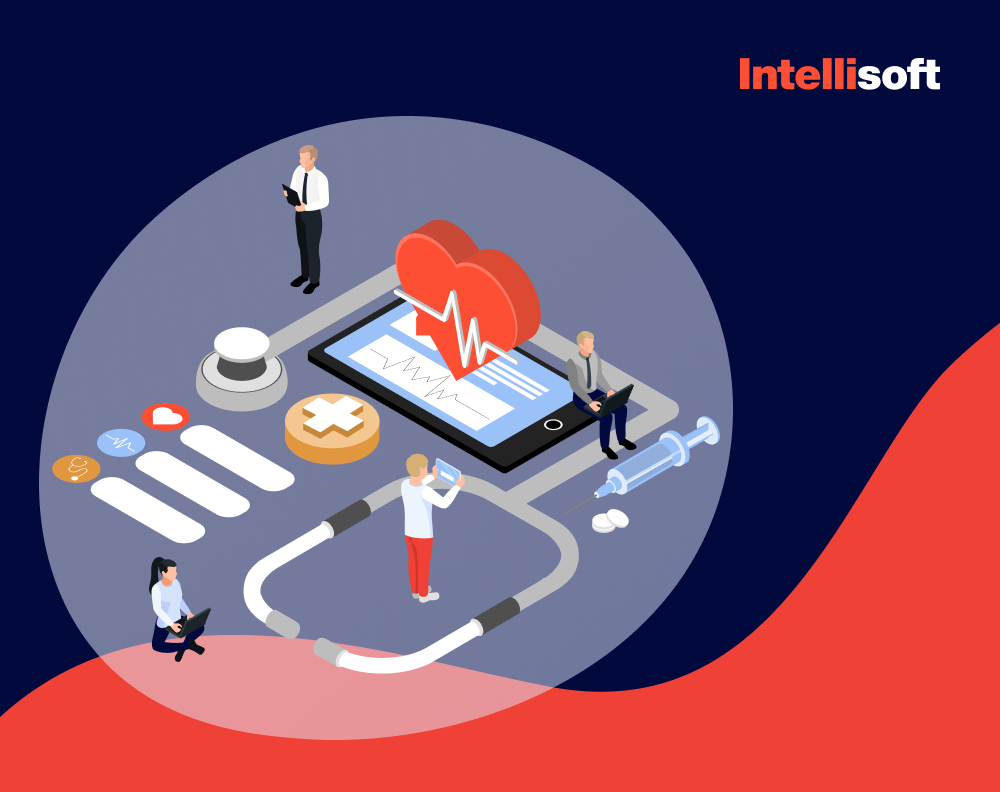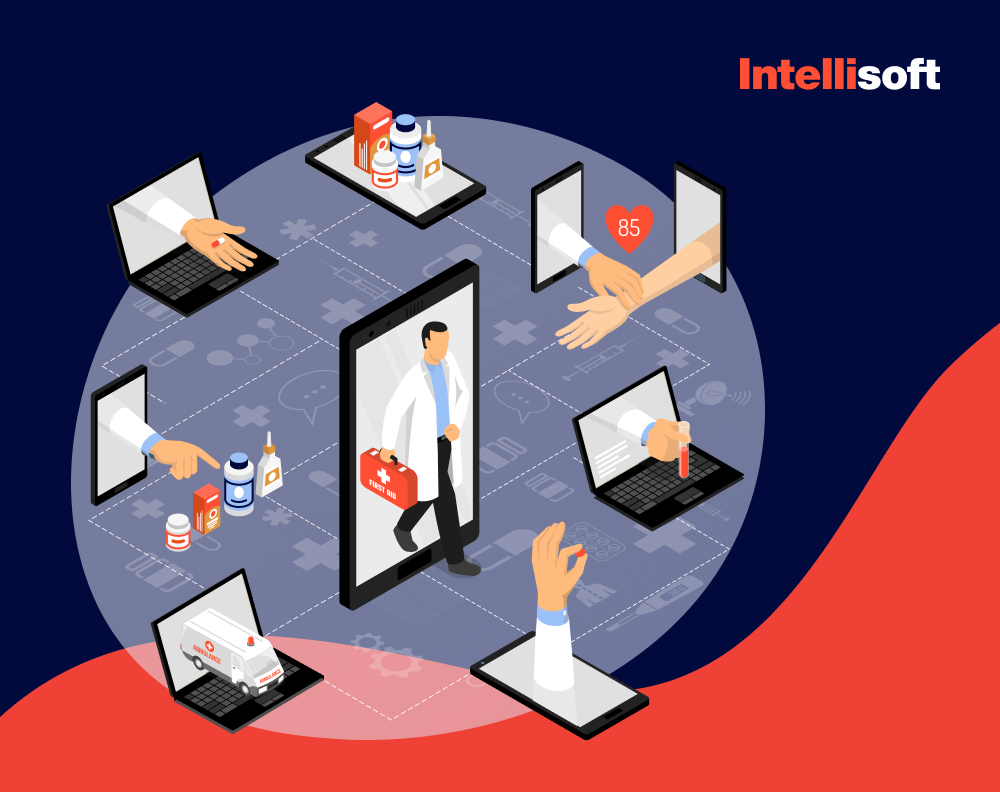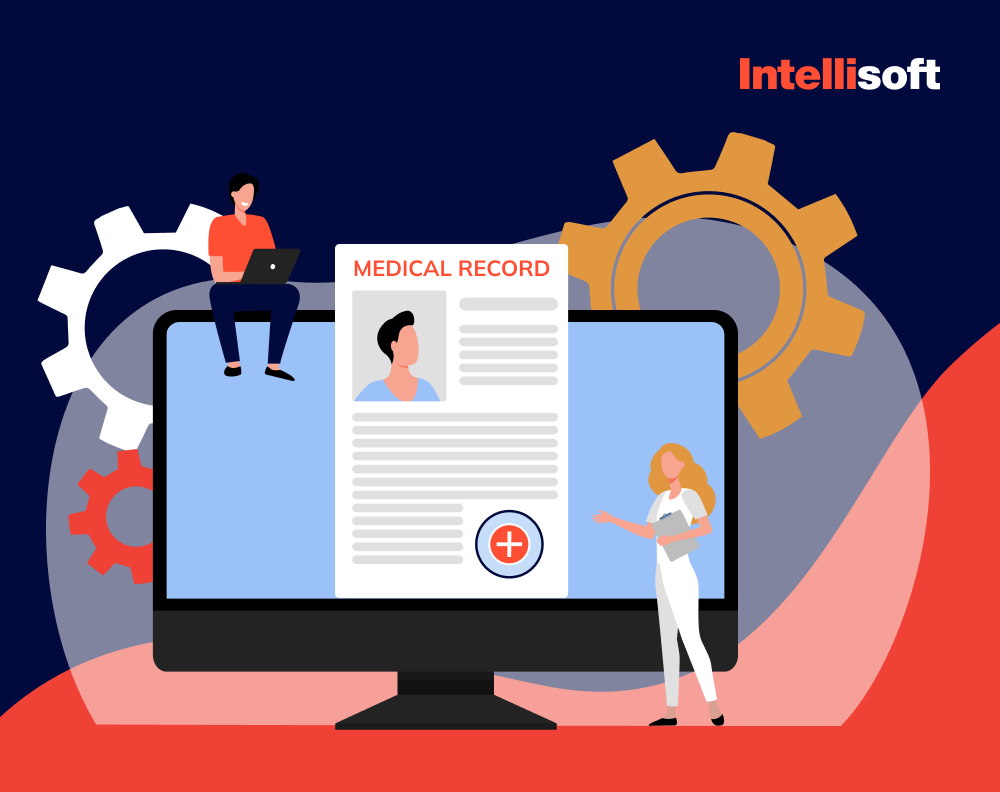Artificial Intelligence (AI) is reshaping healthcare, ushering in a new era of innovation and efficiency. Despite this, many people remain unaware of the benefits of AI in healthcare.
Let’s break down AI in healthcare. This term covers everything from machine learning to advanced robotics used in medical settings. Picture computers emulating human thought processes, making decisions, and solving problems—this is AI in action. Think of it as having an incredibly smart assistant who aids doctors in reviewing patient histories, interpreting complex reports, and creating effective treatment plans. This technology doesn’t merely address issues as they arise; it anticipates them, paving the way for personalized preventive healthcare.
Let’s explore the top 10 benefits of artificial intelligence in healthcare. Remember, this list is just the tip of the iceberg in terms of how AI can enhance healthcare delivery.
A recent survey showed that in 2022, North America led the global market for AI healthcare applications, capturing 59% of the market share and generating $6.8 billion in revenue. This not only highlights the region’s leadership in adopting AI but also signals the growing investment and confidence in AI’s ability to improve healthcare outcomes.
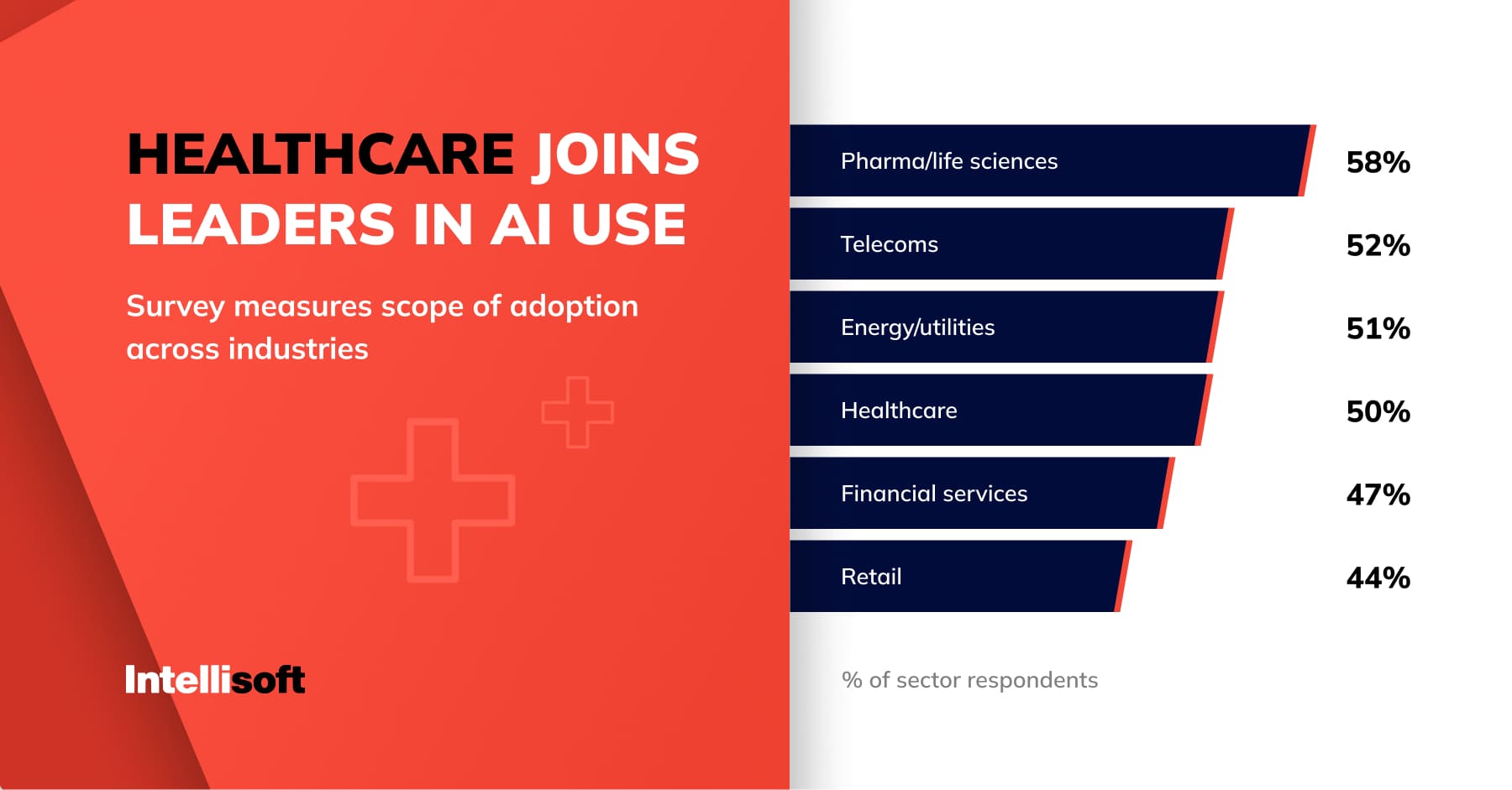
Table of Contents
How AI Is Used in Public Health Services
But how exactly do institutions use artificial intelligence in healthcare in today’s realities? What about artificial intelligence in-hospital patient care?
Technology empowers healthcare workers to tackle highly complex, time-consuming tasks. Technology proves to be an indispensable resource for healthcare professionals, helping them realize their full expertise and potential across the entire ecosystem. AI-powered tools can be used to reveal meaningful relationships in raw data. They can be applied to most complex areas of medicine, including new drug creation and testing, medical decision-making, patient care, money transfers, and more.
What’s Happening in Public Health Service Right Now
How much do you know about artificial intelligence in the medical field in today’s realities? Before learning about the benefits of AI in healthcare, let’s discuss healthcare and artificial intelligence in 2022.
Most leading IT corporations are developing medical products to keep up with the latest IT trends. In total, according to the research conducted by the company Venture Scanner, medical development is carried out by about 2 thousand organizations at the very moment.
The artificial mind or intelligence is one of the most promising digital technologies in medicine because it can help:
- Improve the accuracy of diagnostic
- Automate the doctor’s work
- Choose the best method of treatment
- Create and test drugs
Not so long ago, the tech company Microsoft launched the AI for Health program. At the beginning of the year 2021, about 180 tech companies managed to receive grants from Microsoft for their healthcare projects and continue their research and development. Fascinating, right? Thanks to such grants, more and more solutions appear in the industry from day today.
Examples and Benefits of Using AI in Healthcare
Earlier in this article, we wrote a lot about AI and how this industry is developing in times of a global pandemic. New solutions that save hundreds of patients’ lives appear daily. But what striking examples of AI in medicine can you really name? Let’s take a look at the most common use cases of AI and 10 benefits of artificial intelligence in healthcare.
Here are our top 10 examples of using AI in medicine:
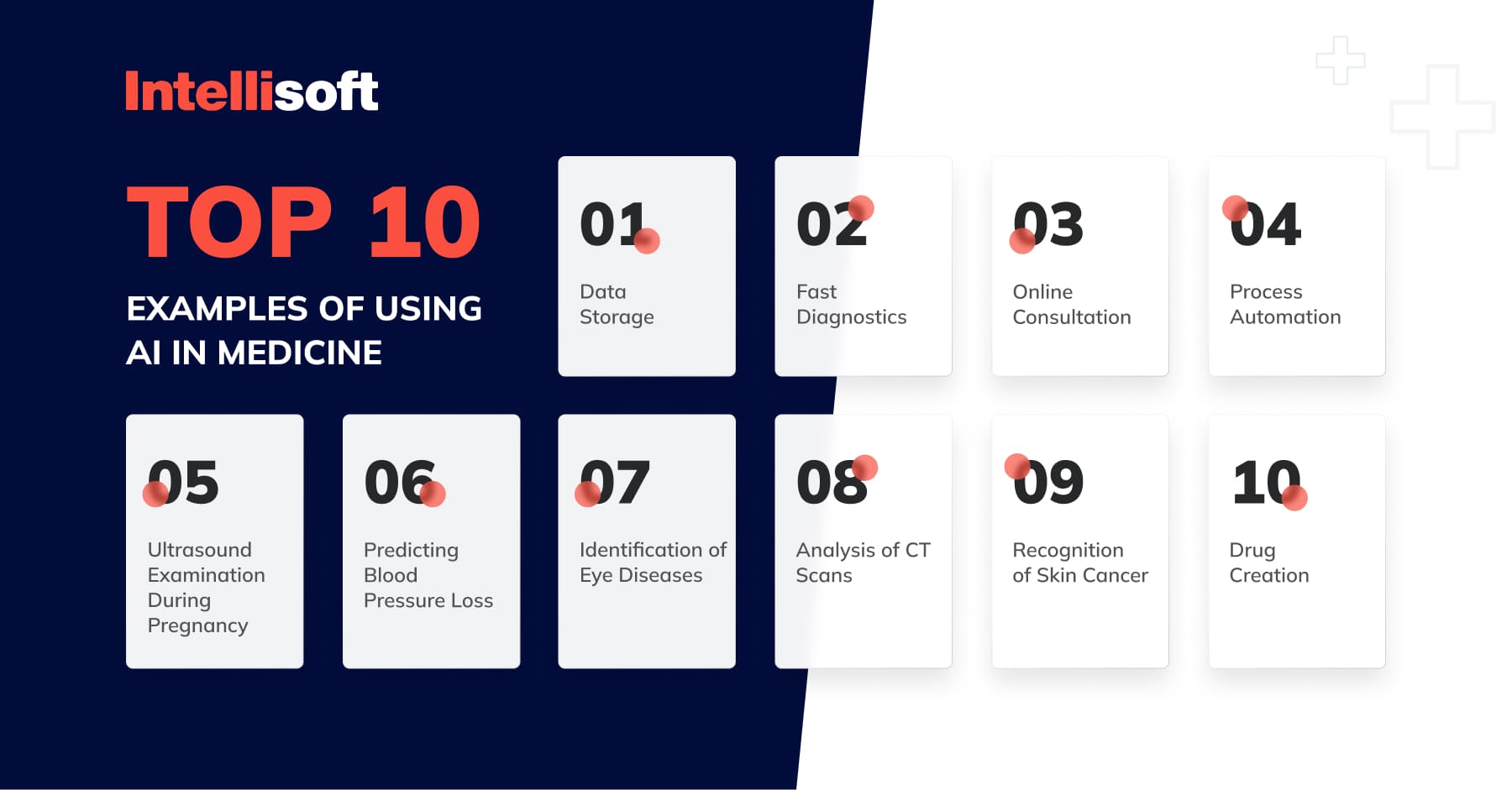
Top 10 examples of AI in healthcare
- Data Storage
- Fast Diagnostics
- Online Consultation
- Process Automation
- Ultrasound Examination During Pregnancy
- Predicting Blood Pressure Loss
- Identification of Eye Diseases
- Analysis of CT Scans
- Recognition of Skin Cancer
- Drug Creation
Related readings:
- Catch a Guide on Quality Management System (QMS) for Medical Device Startups
- Best Examples Of Successful Healthcare IT Start-Ups From Denmark
- Healthcare App Developers for Hire: Which Option to Choose
- What Technologies Are Driving the Health Protection System?
- The Internet of Things (IoT) in Healthcare & Medicine
Data Storage
Patient information is stored in dozens of clinics and numerous medical records. It means the collection of anamnesis and diagnosis is complicated. Innovative technology can eliminate this problem. Thus, doctors only need to submit a query to a search engine.
Fast Diagnostics
Digital solutions make it possible to recognize diseases at the early stages. Most importantly, digital tools can be used both by doctors and patients.
Online Consultation
Remote consultations expand access to quality health care. That’s especially important in sparsely populated areas where it is most needed. In addition, remote consultation provides an opportunity to reduce costs. In countries with relatively low quality of life, this can be life-changing.
Process Automation
There was an imbalance and shortage of personnel all over the world even before the outbreak of the COVID-19 pandemic. According to the World Health Organization, for people to have access to medical services by the year 2030, low-income countries need additional 18 million health workers. Digital solutions can help handle routine daily tasks. Smart technology can take care of entering information into a medical record, detailed analysis of an extensive array of data, and more.
Eugene, back-end/front-end developer @IntelliSoft:
For our Cambio project, we use medical protocols as artificial intelligence. CPOE module makes it possible to compare the effectiveness of various healthcare protocols in different regions of the world.
Each time a doctor prescribes some drugs, they show up in the protocols. Our customer can save protocols right to a single database. Every hospital has its own protocols. Different files are used for ICU (MICU).
The module also makes it possible to pick the most suitable treatment plans for every patient on the individual basis. Currently, it has over 200 protocols and 1,000+ drug dosage suggestions. It is not exactly the example of AI in healthcare, but still closely connected as it allows for some automation in processes.
Ultrasound Examination During Pregnancy
Today, some institutions in England are using new methodologies of testing the fetus for pathologies that are very difficult or impossible to detect by any other means. The system contains more than 350 thousand images of fetuses with various dangerous deviations.
Predicting Blood Pressure Loss
In 2018, the results of studies conducted by several scientists were published. They developed an algorithm that predicts abnormal blood pressure drop or hypotension during surgery.
Identification of Eye Diseases
Google’s collaboration with Moorfields Eye Hospital is also a cool case study worth mentioning. Google’s solution is used to analyze eye images and identify primary symptoms of blindness.
Analysis of CT Scans
MedyMatch Technology is designed to diagnose stroke correctly. Israeli developers design the innovative system. MedyMatch Technology compares scans of the patient’s brain with images of others. This way, it identifies and confirms any abnormalities.
Recognition of Skin Cancer
Artificial intelligence in healthcare shows impressive results in solving the problem of early detection of skin cancer. In the course of the experiment, the machine coped with the task better than human specialists.
Drug Creation
Drug development and subsequent clinical trials are long and very costly processes. AI can reduce the time spent on the development and testing of new drugs. It analyzes the molecular structures of existing drugs. Then it simply proposes new ones according to the given requirements.
Here are some other notable examples of ai technology in healthcare worth mentioning:
Top 4 Applications Based on AI That Are Being Used by Hundreds of People
- Pocket Cardiologist
- Animated Nurse
- Assistant for Cancer Patients
- Electronic Assistant for Hospitals
Pocket Cardiologist
The app called AliveCor allows you to process information from your cardiogram sensor easily. The program analyzes the patient’s data, monitors any alarm signals, and recommends the user consult a doctor if there’s a risk of a heart attack.
Animated Nurse
The app called Sense.ly asks the patient about his overall well-being, complaints, and blood pressure. Based on the data it receives, this application sends information to the attending physician.
Assistant for Cancer Patients
Mendel.ai analyzes ongoing trials of new and experimental drugs for cancer. The program compares the important characteristics of the trial tests with the state of health of the patient and recommends appropriate ones.
Electronic Assistant for Hospitals
The Bright.md acts as an intermediary between the patient and the doctor. With the help of this application, medical personnel are fed from many bureaucratic procedures.
The Main Advantages of Using Modern Technologies in Medicine
What are the benefits of AI in healthcare? Innovative deep learning algorithms do not only help healthcare professionals to make administrative and medical decisions. They make it possible to improve the quality and efficacy of public health services in general.
Let’s take a look at the 10 benefits of artificial intelligence in healthcare:
Graphic example/suggestion:
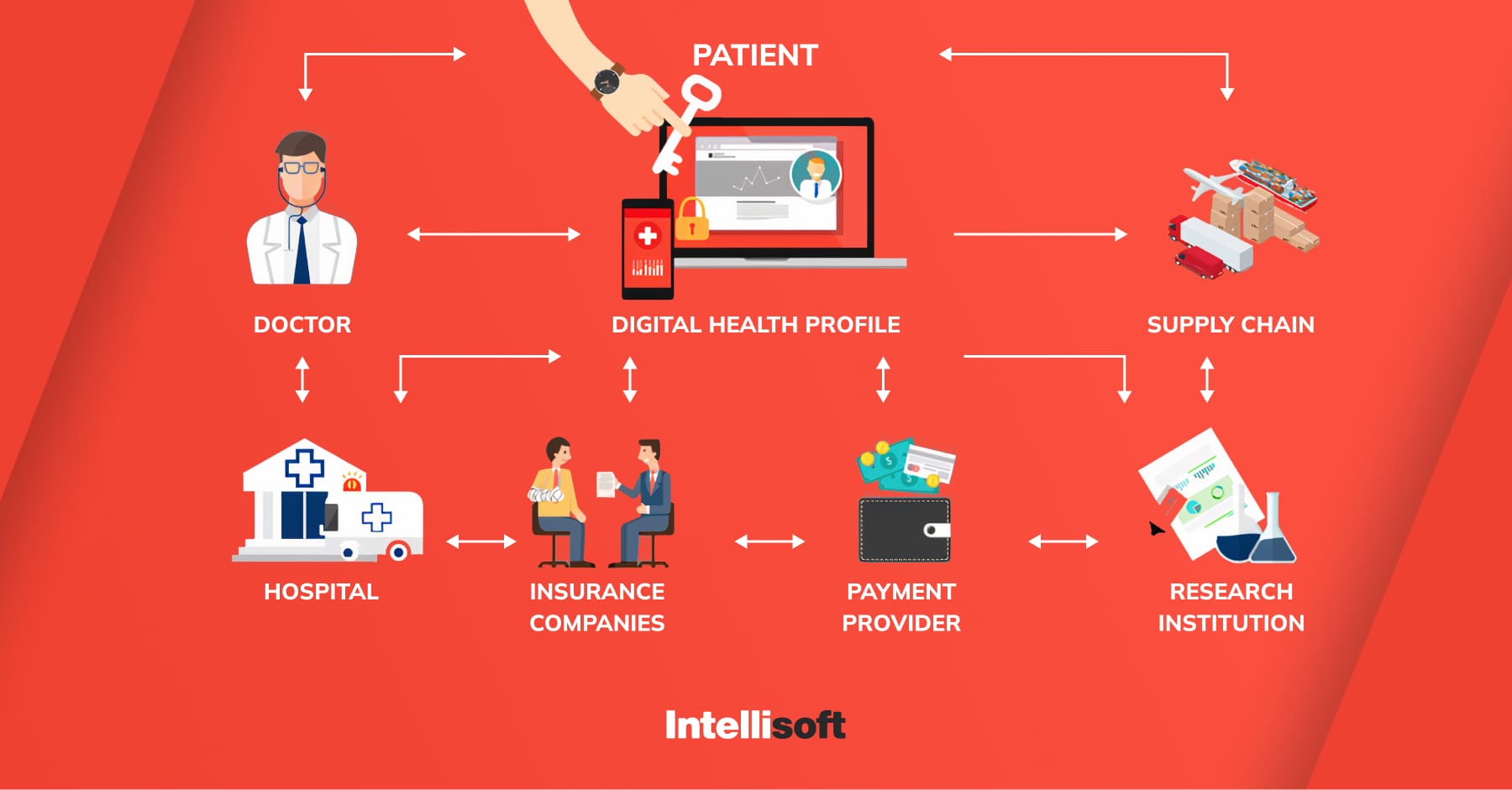
- With innovative deep machine learning, healthcare personnel can analyze data blocks faster and more accurately.
- Technologies used to analyze pattern matching enable institutions to leverage their data and resources to the maximum benefit.
- AI algorithms do not get tired, distracted, or subject to mood swings.
- AI automation allows doctors to spend less time entering data and working with daily paperwork so that they spend much more time communicating.
How We Can Help
Artificial intelligence technology in healthcare is a true breakthrough in science. Earlier in this article, we have discussed how artificial intelligence is used in healthcare and is saving people’s lives daily. The introduction of AI in the medical field is a promising prerequisite for improving the quality and duration of a patient’s life. Modern technology is undoubtedly the future of medicine, and the benefits of AI in healthcare prove it right.
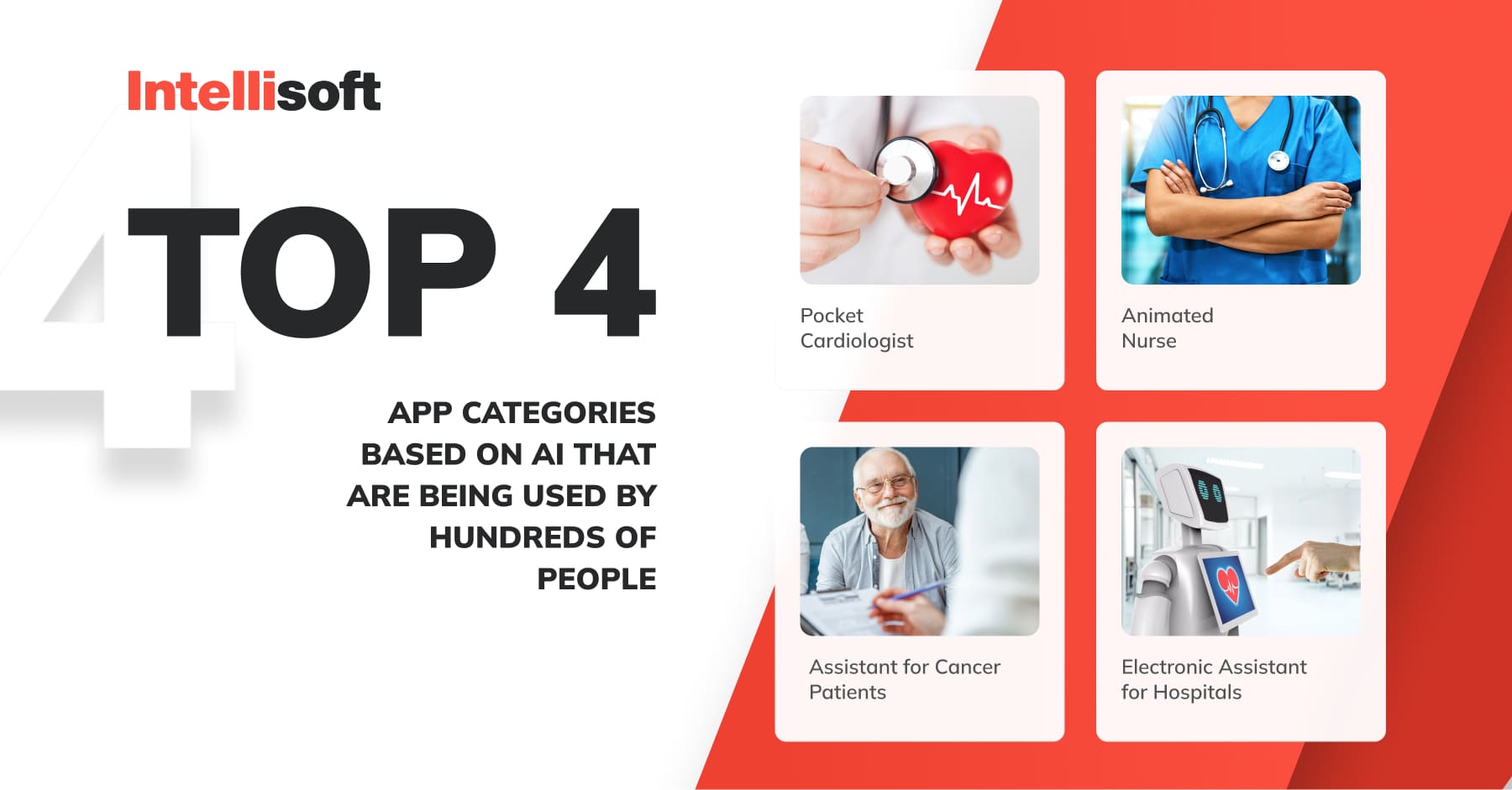
Are you currently working in the medical field and think that it is time for your company to introduce modern advanced technology to improve the quality of your medical services? Contact IntelliSoft for a free consultation on MedTech! Our team of skilled software developers, QA engineers, and designers proves their professional expertise in MedTech every day to build high-quality products for our tech partners!
Don’t wait to bring your ideas to life! Contact us, and let’s get started!
